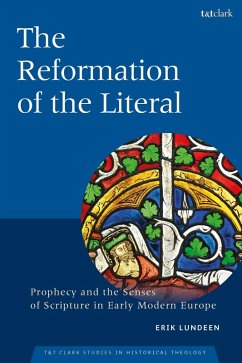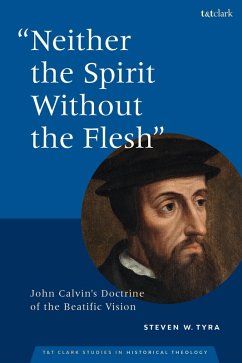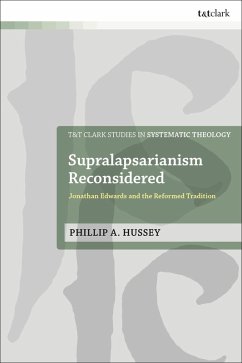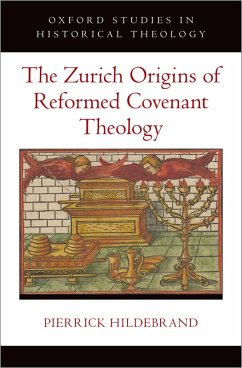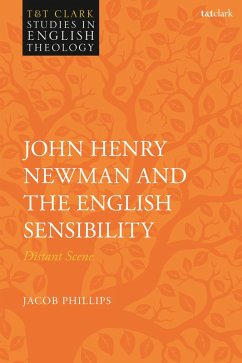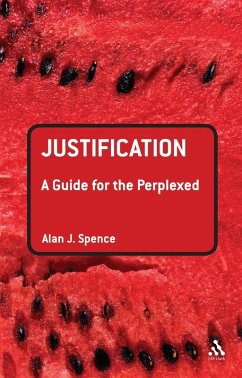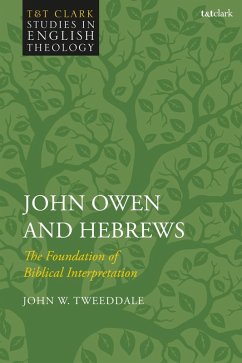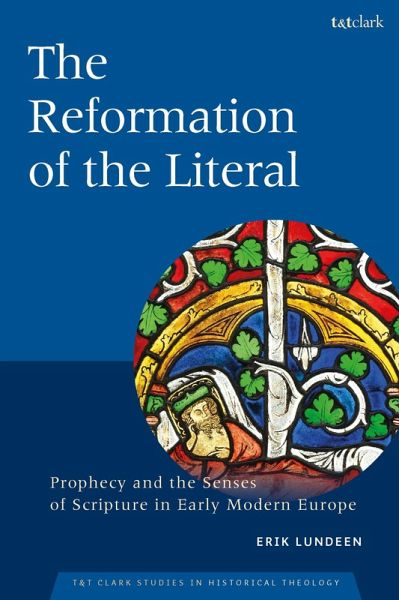
The Reformation of the Literal (eBook, PDF)
Prophecy and the Senses of Scripture in Early Modern Europe
Versandkostenfrei!
Sofort per Download lieferbar
70,95 €
inkl. MwSt.
Weitere Ausgaben:

PAYBACK Punkte
35 °P sammeln!
What does it mean to read the Bible 'literally'? Recent debates on the Protestant reformers have focused on whether they were stridently literal interpreters or maintained a place for allegorical readings. However, in this nuanced book, Lundeen argues that the question of what in fact constituted the Bible's literal sense was also a key question in early modern debates. There is no clean binary of literal versus allegorical; instead, reformers subtly produced a variety of competing literalisms. There was not one literal sense in the Reformation, but many. To make this case, Lundeen comparative...
What does it mean to read the Bible 'literally'? Recent debates on the Protestant reformers have focused on whether they were stridently literal interpreters or maintained a place for allegorical readings. However, in this nuanced book, Lundeen argues that the question of what in fact constituted the Bible's literal sense was also a key question in early modern debates. There is no clean binary of literal versus allegorical; instead, reformers subtly produced a variety of competing literalisms. There was not one literal sense in the Reformation, but many. To make this case, Lundeen comparatively analyzes Reformation-era commentaries on the prophet Isaiah. He further highlights the little-known but influential works of the Basel reformer Johannes Oecolampadius, who was the first Christian to publish commentaries on most of the biblical prophets in the sixteenth century. By placing Oecolampadius in conversation with a host of his better-known Christian and Jewish predecessors and contemporaries, this book reframes a central aspect of Reformation-era biblical exegesis, while also providing a constructive resource for those who seek to read the Bible's ancient prophets as Christian scripture today.




